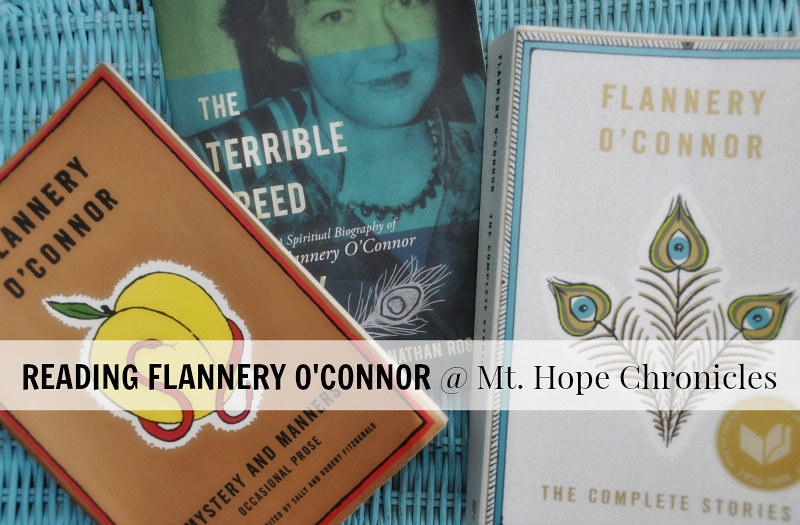

She agreed and delivered a well-received lecture entitled: “Some Aspects of the Grotesque in Southern Literature.” Ralph Wood sat in the audience enthralled with the lady. In the spring of 1962 Paul Barrus met Flannery O’Connor at a literary gathering in Spartanburg, South Carolina and asked her if she’d speak at East Texas State.

He tells us of his transforming, ecumenical epiphany, guided by the only Yankee-Papist on the faculty, one Paul Barrus, a teacher whose “courses were reported to be electric with religious no less than literary interests.”īecause of Paul Barrus’s intellectual and moral influence Ralph Wood determined that he would follow in his mentor’s footsteps and “…teach the great works of English and American and European literature as he taught them.” But then, another event transpired while Wood was still a student that would not only his underscore his new found intellectual aspirations but expand his theological perceptions as well. Wood, a Texas Baptist, writes in his preface of his student days at East Texas State. Wood, a Baylor University professor of Theology and Literature who has recently published a delightful book, Flannery O’Connor and the Christ-Haunted South.ĭr.


O’Connor’s work with ontological objectivity (the work stands on its own merit). In part, because there will always be those students and teachers of literature who approach Ms. She’s been accused of being a closet lesbian, a feminist, a racist, and, perhaps worst of all, a pre-Vatican II Catholic.įortunately, the Deconstructionists, at least for now, have failed to do significant harm to Flannery’s reputation. For these folks, the spawn of academe, Flannery does not fare well. These days, many of the literary critiques of Flannery’s work are inherently secular, predicated on contemporary multicultural fads, and filled with the garbled psycho-babble that has become the trademark of the Deconstructionists, who require the author to be a supplicant at the alter of political correctness. CLR THE GHOST OF ANDULASIAįlannery O’Connor was Catholic and Southern, and that combined with her genius produced a writer whose works have become something of a cottage industry. Flannery O’Connor and the Christ-Haunted South by Ralph Wood Eerdmans, William B.


 0 kommentar(er)
0 kommentar(er)
